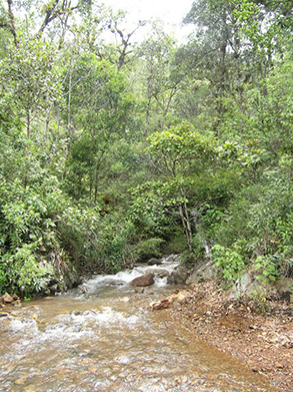Yunnan University professors research international project
Two senior academics with Yunnan University, or YNU – based in Kunming, capital of Southwest China's Yunnan province – recently participated in an international project of major importance.
The Ecological Research Center of the School of Urban and Environment at Peking University led an interdisciplinary team composed of researchers from seven countries.
It published a research paper – entitled The biodiversity and ecosystem service contributions and trade-offs of forest restoration approaches – in an open access journal publishing original research from across all areas of the natural and clinical sciences.
Professor Sampurno Bruijnzeel and Dr Zhang Jun, two visiting scholars from the Institute of International Rivers and Ecological Security at Yunnan University, participated in the research. Bruijnzeel is the second and the co-corresponding author of the paper.
The research was funded by the Chinese Academy of Sciences, the Royal Society of the United Kingdom and the Sao Paulo Fund of Brazil.
The study summarized and analyzed nearly 26,000 pieces of data from 264 field studies in 53 countries and regions around the world.
It found that compared with artificial forests, natural forests can better support biodiversity conservation and achieve surface carbon storage, soil conservation, and water resources protection.

Well-developed natural forests provide high-quality water. [Photo/ynu.edu.cn]
In particular, Professor Bruijnzeel emphasized "In plantations where wood or pulp production is the main purpose, trees grow faster, which means they need to draw more water from the soil, especially in drier regions, which will reduce groundwater reserves that can be used to replenish and maintain water sources."
"Worse still, such plantations are often logged more frequently than natural forests, resulting in greater soil disturbance and poorer runoff regulation."
All rights reserved. Presented by China Daily. 滇ICP备12004993号-2








